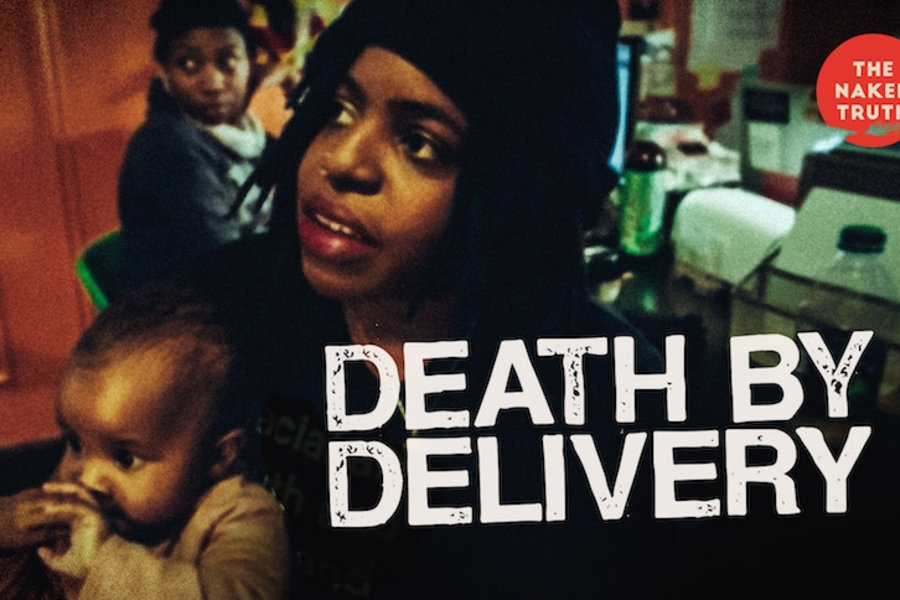 On February 1st, artist and entertainer Beyoncé Knowles announced her pregnancy with a grand Instagram post. Though her announcement and her subsequent performance at the Grammys was met with glee, excitement, and congratulations across the globe; white female writers at alarming rates attacked the Lemonade singer for expressing her joy over the impending birth of her twins.
On February 1st, artist and entertainer Beyoncé Knowles announced her pregnancy with a grand Instagram post. Though her announcement and her subsequent performance at the Grammys was met with glee, excitement, and congratulations across the globe; white female writers at alarming rates attacked the Lemonade singer for expressing her joy over the impending birth of her twins.
Some of these women suggested that being pregnant is nothing to celebrate, while others expressed that Bey’s joy was hurtful to them personally, because they were struggling to conceive; a few even called the announcement "tacky." It was interesting in my opinion that all of this backlash swirled around one of the most powerful Black women in the world, a Black woman who has been vocal about her own struggles with conceiving, and her miscarriage. After all, Black women are four times more likely to die during or just after childbirth than white women and in New York City, that number rises to an exorbitant twelve times more likely.
FUSION’s Nelufar Hedayat travels from rural Georgia to New York City; two vastly different places in the United States where maternal death is raging on. We learn that two-thirds of the counties in Georgia do not have labor and delivery centers, which put women living in more rural areas at astounding risks. Being so far away from medical services when a complication arises can be the difference between life and death. Additionally, in NYC, Black women in the most affluent neighborhoods are four times more likely to die than white women living in the poorest areas of the city.
Continue reading at ESSENCE.com.
